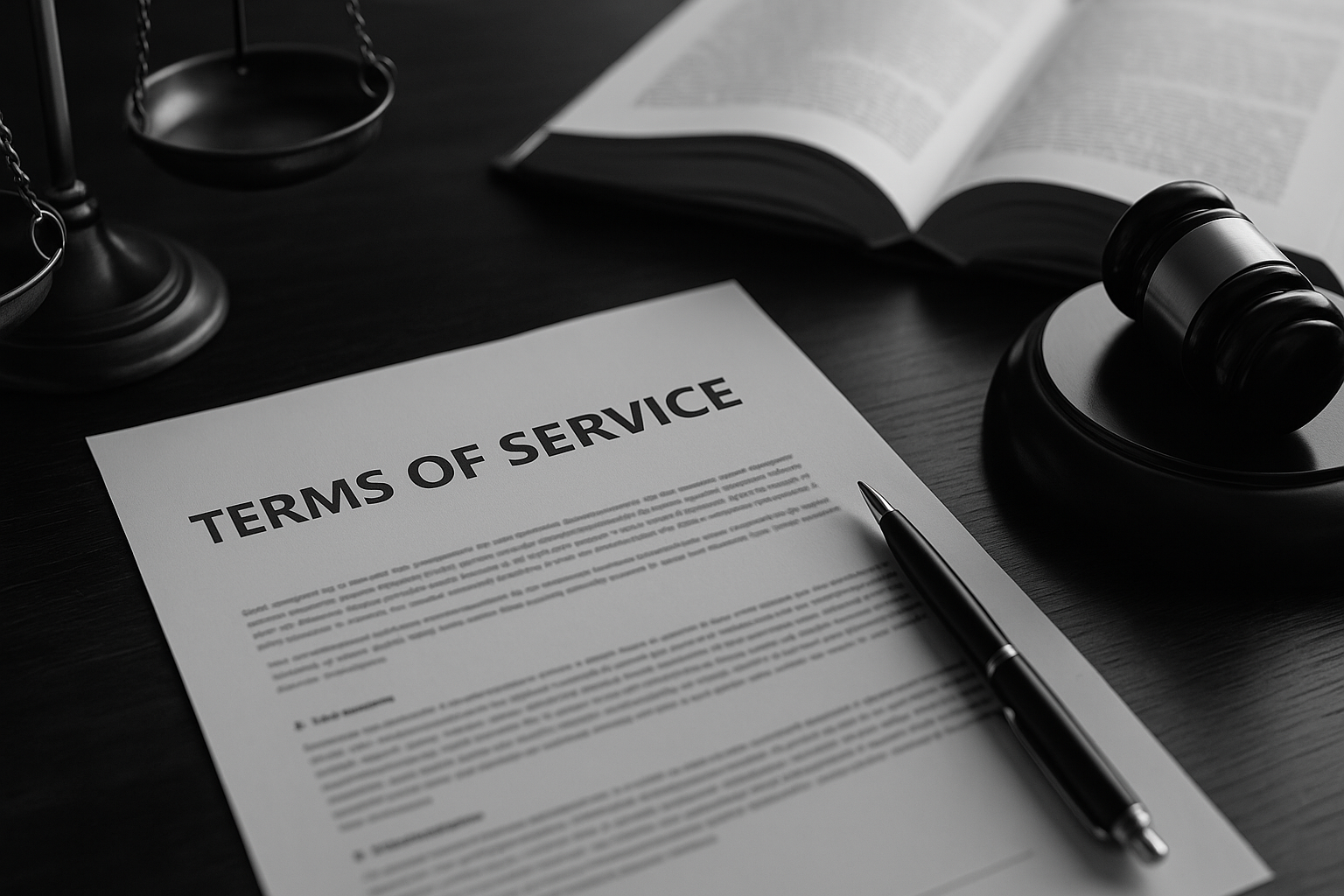How a SaaS Startup Prevented Legal Trouble With Proper User Terms
Quick Summary
A B2B SaaS startup in the education space faced major legal risks due to poorly drafted SaaS user terms. Their initial Terms of Service were vague, lacked clarity on critical legal responsibilities, and failed to comply with cross-border regulations. After a legal overhaul and a tailored Terms of Service agreement, the company not only avoided a looming lawsuit but also boosted investor confidence, improved customer trust, and ensured full B2B SaaS compliance. This case shows why clear, customized SaaS contract essentials are a must-have for any scalable platform.
Background / The Situation
The client was a fast-growing B2B SaaS startup that offered online course delivery and video hosting services for coaches, instructors, and micro-training businesses. Headquartered in the Middle East, the company had an international user base, with clients across the US, EU, and GCC. The platform allowed instructors to upload educational content, sell courses, and interact with learners in real time.
As the platform scaled, cracks in its legal foundation started to appear. Key issues emerged:
-
Ambiguities in content ownership rights
-
No clarity around refunds and cancellations
-
Missing jurisdiction and governing law clauses
-
Gaps in liability protections and privacy disclosures
Their existing SaaS user terms, copied from a free online template, were not sufficient for their business model or risk exposure. Even worse, investors raised red flags during a due diligence round, demanding proper legal documentation before proceeding.
The Problem
The startup was unknowingly exposed to significant legal and financial liabilities due to inadequate SaaS contract essentials. Specifically:
-
Unclear refund policies led to angry customers and chargebacks.
-
Vague intellectual property (IP) terms allowed disputes over content rights.
-
No liability limitation meant any service issue could become a major lawsuit.
-
Data privacy issues across regions (especially EU’s GDPR and UAE local laws) created regulatory concerns.
One situation escalated when a content creator accused the platform of unauthorized use of course videos. The client realized that without proper SaaS user terms, even unintentional oversights could trigger lawsuits, regulatory actions, or brand damage.
The Strategy or Solution
Legal Audit and Risk Mapping
We started with a legal audit to identify every point of exposure across the platform’s operations. This included:
-
Revenue streams: Subscription fees + course sales
-
Third-party tools: Zoom integration, Stripe payments
-
Global operations: Data handling in the US, EU, and GCC
-
Content lifecycle: Uploading, hosting, and monetization
Each of these areas required tailored clauses under the umbrella of SaaS contract essentials, and we mapped them to existing and missing legal terms.
Custom Terms of Service Drafting
Using insights from the audit, we built a set of custom SaaS user terms and a privacy policy that addressed every risk. These were crafted not only to meet legal requirements but also to reflect user-friendly language and operational transparency.
Key Legal Clauses Included:
-
License and Ownership Clauses: The platform was granted rights to host and promote instructor content, while creators retained full IP ownership.
-
Refund and Cancellation Policy: Conditions for full, partial, and no-refund scenarios were clearly defined.
-
Disclaimers and Limitation of Liability: Shielded the company from financial claims arising from service disruptions or third-party tools.
-
Jurisdiction and Governing Law: UAE laws were specified, giving the startup a familiar and enforceable legal base.
-
Data Protection Terms: Compliant with GDPR and local laws; included cookie usage, opt-in emails, and user data rights.
These additions weren’t just legal filler—they were strategic tools that established B2B SaaS compliance, clarified expectations, and elevated investor readiness.
Communication and Implementation
We ensured that the improved SaaS user terms weren’t buried in fine print. Key steps included:
-
Requiring a checkbox agreement at signup and content upload
-
Sharing plain-English summaries via email and dashboard
-
Training the support team to explain major policy changes
This not only helped users understand their rights but also strengthened legal enforceability by recording user acknowledgment.
The Outcome
Within two weeks of rollout:
- Legal threats from a disgruntled content creator were withdrawn after clarification under the new ToS.
- Customer service tickets related to refunds dropped by 60% due to clearer expectations.
- The startup successfully completed a due diligence review for a seed investment round.
Most importantly, the founders gained confidence that their platform could scale safely across regions without fear of regulatory or legal blind spots.
Key Takeaways
3 Legal Lessons from This Case:
- Templates are not enough. Copy-pasting Terms of Service without legal tailoring can create more risk than protection.
- User roles matter. Platforms must distinguish between different types of users and define their rights and responsibilities clearly.
- Terms are a business asset. Well-drafted ToS can help you pass investor reviews, reduce support costs, and protect your reputation.
Get to know how a SaaS Startup Prevented Legal Trouble With Proper User Terms
Call-to-Action
If you’re running a SaaS or content-based platform, don’t wait for legal trouble to strike. Book a consultation with our legal team to review your current Terms of Service or get a custom draft that fits your unique model.



Leave a Reply